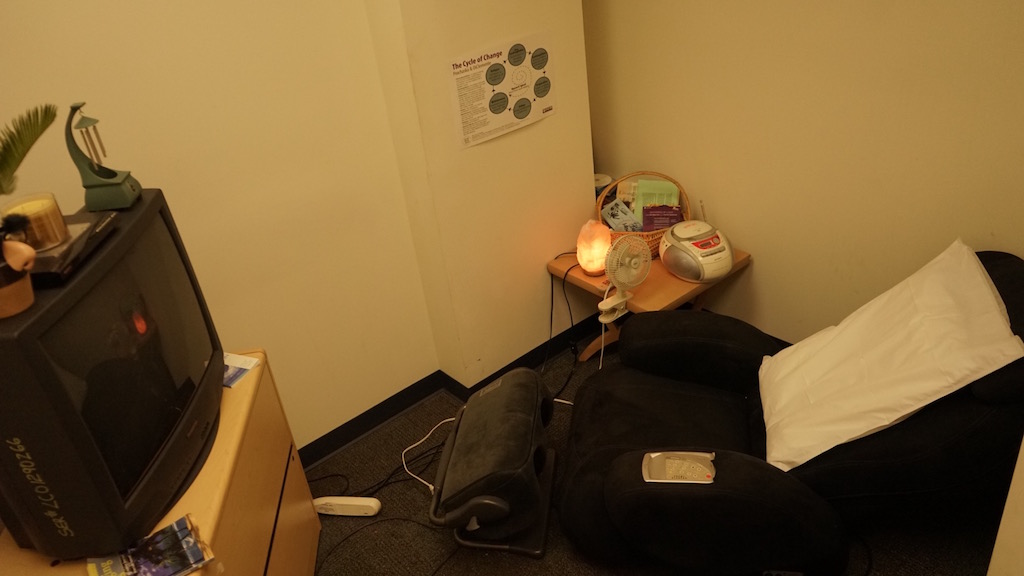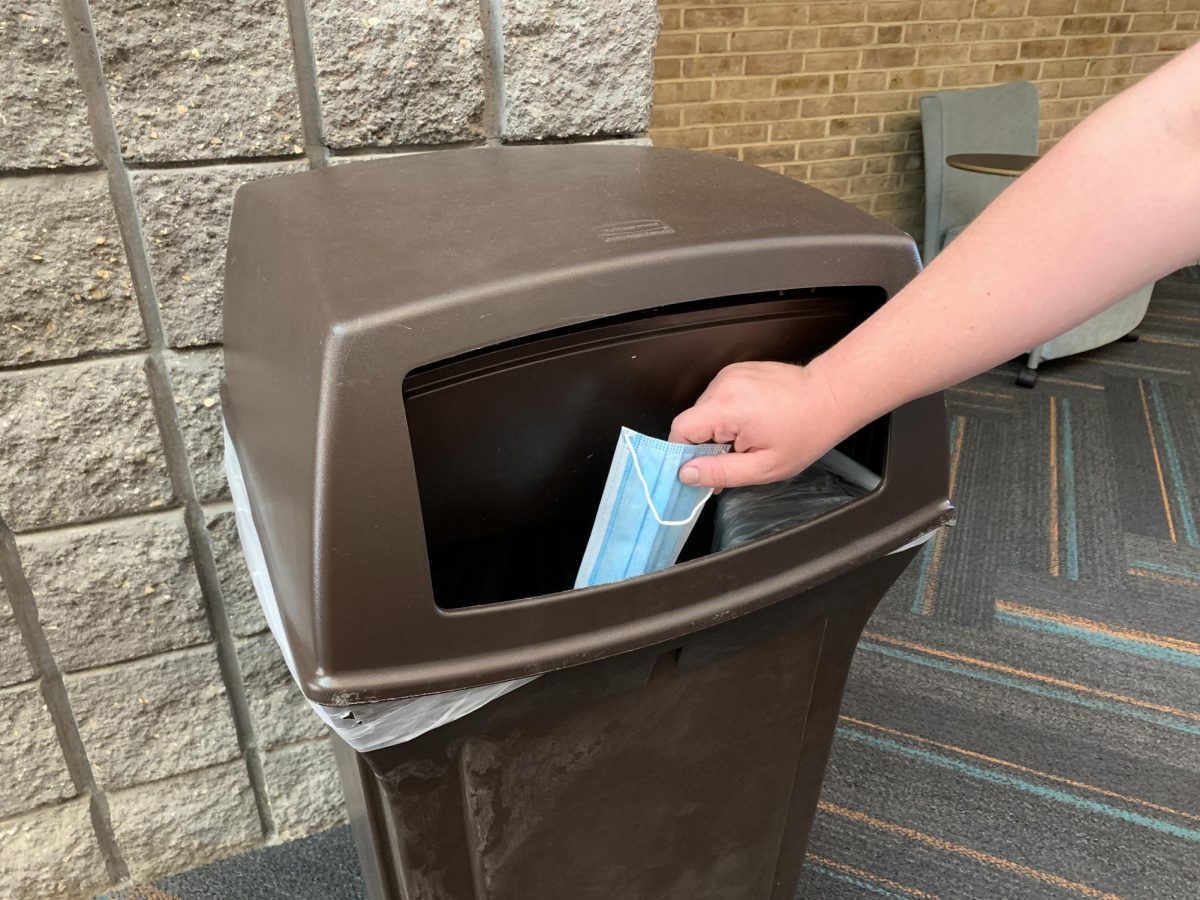Students who researched the impact of excessive screen time for a mass media class have some advice for their classmates: Get a hobby.
First-year nursing student Jayla Jones is “trying to be outside, going to the gym or finding some type of activity to do while streaming instead of just laying in bed and eating snacks.”
Likewise, first-year creative writing student Claudia McCandless is spending more time reading and less on the phone.
“I like to read,” McCandless said. “So I try to kind of counteract being on the phone or computer with reading … because that was instilled in me pretty young.”
Communications professor Jessica Mattingly said unplugging from streaming is a good idea.
“It’s just getting away from it,” Mattingly said. “Taking digital inventories of your screen time and scrutinizing that. Stay off your phones during obligations. Make that your digital cleanse.”
AACC students, like most of their Gen Z peers, are so attached to their screens because social media is designed to suck them in.
“Media use is designed for our personal interests,” Mattingly, academic chair of communications, said. “Your phone knows what you want to see because it tracks everything.”
More than 50% of Americans believe they are addicted to their phones, and up to 60% of teens show signs of internet addiction, according to the Center of Internet and Technology Addiction.
“Technology is more normalized now,” said Jones, who said she learned about screen-time addictions in the class. “We grew up with it. … We can watch TV on our phones now.”
“[Kids are] growing up in an environment of just having access to it so freely,” Mattingly agreed. “It’s a part of everyone’s everyday life.”
Internet and screen addiction can have some negative effects, including anxiety, insomnia and irritability, the students learned.















